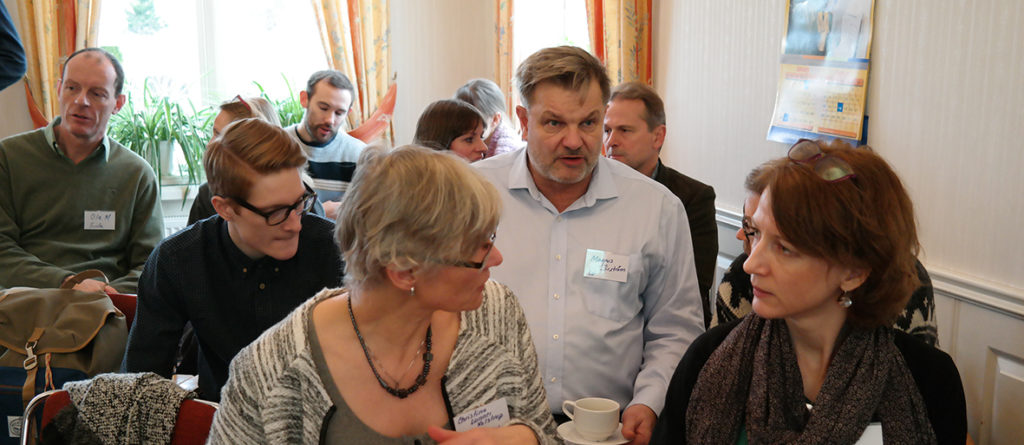The world-wide migration of rural inhabitants to cities is particularly prominent in Africa and Asia. Rural dwellers moving to cities often bring agricultural practices with them for food security and livelihood reasons. However, there are also downsides related to urban and peri-urban farming like threats to the public health from zoonotic diseases, sanitary issues and local environmental degradation.
About 30 participants from different parts of the world, researchers, students, practioners and policymakers, came together for a one day workshop in order to highlight, discuss and identify dilemmas and gaps in knowledge related to agricultural practice in and around cities in low-income countries. The workshop was held at Sunnersta Herrgård in Uppsala, in the close surroundings to the SLU Uppsala campus.
The event which was jointly organised by SLU Global and SIANI began with three kick-off presentations on the subject. As a start Professor Ulf Magnusson, theme leader for Urban and Periurban Farming at SLU Global, held an introduction to the pros and cons on urban and peri-urban agriculture. The following presentation was held by Dr Diana Lee Smith, Mazingira Institute, Nairobi and African Coordinator for Urban Harvest in the CGIAR 2002-2005. She talked about challenges and opportunities for African urban agriculture. Lastly, before the lunch break, Professor Eli Katunguka-Rwakishaya, Kyambogo University, Kampala, presented the Ugandan livelihood perspective of urban and peri-urban farming.
The second part of the workshop was dominated by lively discussions with the participants working in groups on the topic “Knowledge gaps and dilemmas”. A policy brief on the outcomes from the workshop is about to be compiled but already some of the conclusions from the workhsop can be revealed: The experience of farming in rural areas cannot always be used within the Urban / Periurban Agriculture (UPA), the UPA is extensive and important in low-income countries, but the evidence-based knowledge is still weak.
Would like to know more? Check out this report.
